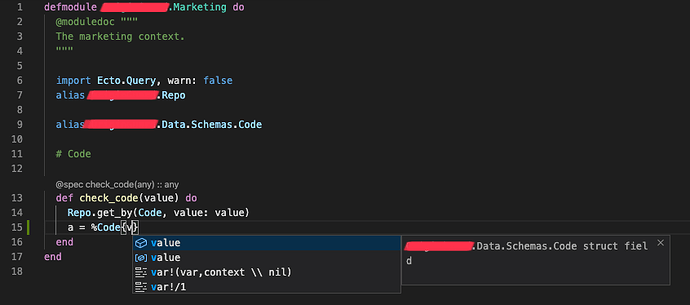I think elixir would be the best functional language available if it had a HM type system.
Currently, I have programmed professionally in Scala only, and I don’t miss it at all. The complexity of managing to exist in that ecosystem was unbearable, you just never know what to expect. One minute you’re coding like it’s Haskell, and then the next you’re dealing with some huge inheritance hierarchy, and implicits OMG, don’t get me started. I still have nightmares about SBT. I will never accept a job using Scala again.
Other than that, I have written programs using Kotlin, and F#. One thing Elixir, Scala, Kotlin, F#, Clojure all have in common is that they are all built on top of pre-existing platforms, and this is where ( so far ) Elixir outshines all of the competition to me. In Kotlin, Scala, and F#, as soon as you pull in a dependency from the Platform ( jvm / .net), you are right back in OOP land, which defeats the whole purpose. Sure you get access to a huge ecosystem, but at what cost? To some, it may be worth it, but to me, it’s not.
My job requires me to program in Go, which is not as bad a language as a lot of people make it out to be, but if you think functionally, it sucks. For me, Elixir is like the Golang of the Functional programming world, to some that may sound like an insult, but it’s not. Elixir is super simple, and simplicity is hard. Go is unapologetically procedural and it makes very few compromises. It’s a very stripped-down language that gets out of your way and lets you do everything you need to do in order to get work done ( albeit very procedural manner ) and has very good support for concurrency. I would choose it over any OOP language available in a heartbeat.
Elixir is the same except for it lets you do everything you need to do in a functional manner, and it ( like Go ) has great support for concurrency and makes no compromises about what it is. It is not a confused language and it did not have to add language constructs that do not fit its paradigm in order to adapt to the underlying platform, I like that a lot.





















